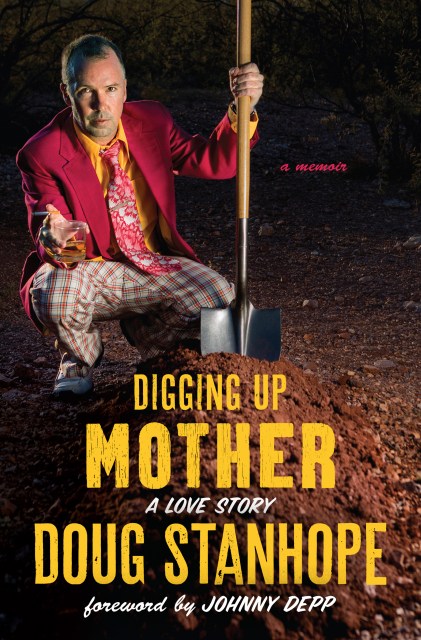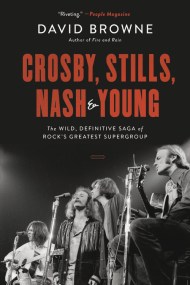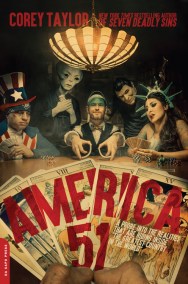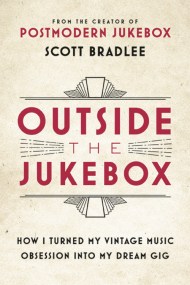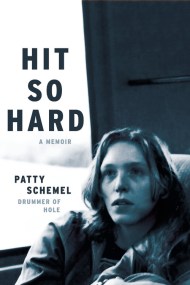By clicking “Accept,” you agree to the use of cookies and similar technologies on your device as set forth in our Cookie Policy and our Privacy Policy. Please note that certain cookies are essential for this website to function properly and do not require user consent to be deployed.
Digging Up Mother
A Love Story
Contributors
Foreword by Johnny Depp
Formats and Prices
Price
$25.99Price
$33.99 CADFormat
Format:
- Hardcover $25.99 $33.99 CAD
- ebook $9.99 $12.99 CAD
- Trade Paperback $15.99 $21.99 CAD
Also available from:
Doug Stanhope is one of the most critically acclaimed and stridently unrepentant comedians of his generation. What will surprise some is that he owes so much of his dark and sometimes uncomfortably honest sense of humor to his mother, Bonnie. It was the cartoons in her Hustler magazine issues that molded the beginnings of his comedic journey, long before he was old enough to know what to do with the actual pornography. It was Bonnie who recited Monty Python sketches with him, who introduced him to Richard Pryor at nine years old, and who rescued him from a psychologist when he brought that brand of humor to school. And it was Bonnie who took him along to all of her AA meetings, where Doug undoubtedly found inspiration for his own storytelling.
Bonnie’s own path from bartending to truck driving, massage therapy, elder abuse, stand-up comedy, and acting never stopped her from being Doug’s genuine number one fan. So when her alcoholic, hoarding life finally came to an end many weird adventures later in rural Arizona, it was inevitable that Doug and Bonnie would be together for one last excursion.
Digging Up Mother follows Doug’s absurd, chaotic, and often obscene life as it intersects with that of his best friend, biggest fan, and love of his life-his mother. And it all starts with her death-one of the most memorable and amazing farewells you will ever read.
Bonnie’s own path from bartending to truck driving, massage therapy, elder abuse, stand-up comedy, and acting never stopped her from being Doug’s genuine number one fan. So when her alcoholic, hoarding life finally came to an end many weird adventures later in rural Arizona, it was inevitable that Doug and Bonnie would be together for one last excursion.
Digging Up Mother follows Doug’s absurd, chaotic, and often obscene life as it intersects with that of his best friend, biggest fan, and love of his life-his mother. And it all starts with her death-one of the most memorable and amazing farewells you will ever read.
-
"In the first chapter of Digging Up Mother, [Stanhope] describes the death of his mother in the meticulous detail of someone fascinated by all things uncomfortable and taboo. While he talked about her in a previous stand-up special, this lucid account, deadpan but too impertinent to be called clinical, is even more harrowing and funny."Jason Zinoman, New York Times
-
"In the first chapter of Digging Up Mother, [Stanhope] describes the death of his mother in the meticulous detail of someone fascinated by all things uncomfortable and taboo. While he talked about her in a previous stand-up special, this lucid account, deadpan but too impertinent to be called clinical, is even more harrowing and funny."Jason Zinoman, New York Times12/29/16
- On Sale
- May 10, 2016
- Page Count
- 336 pages
- Publisher
- Da Capo
- ISBN-13
- 9780306824395
Newsletter Signup
By clicking ‘Sign Up,’ I acknowledge that I have read and agree to Hachette Book Group’s Privacy Policy and Terms of Use
